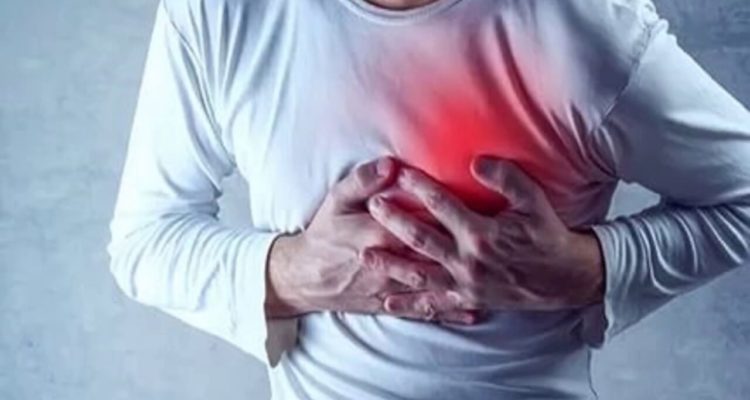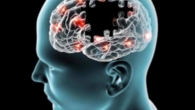
In the morning, a person may have a particularly severe heart attack
0
The most severe heart attacks occur in the morning: why does that happen? Researchers believe that the body's internal clock affects the development of heart attacks in the morning, which are associated with particularly significant destruction and consequences for a person.
Scientists at Harvard Medical School state that the cardiovascular system follows a daily pattern that is oscillatory in nature, and most cardiovascular functions are associated with circadian changes. Doctors are well aware that heart attacks often occur in the morning hours – new data show that morning heart attacks are also the most serious in their consequences.
“Heart attacks that occur between 6 am and noon are associated with the biggest loss”.
Scientists from Spain, whose work is written by Heart journal, came to this conclusion. The researchers concluded that morning heart attacks occurring during the specified period of time leave behind a larger area of dead myocardial tissue – by 20 percent compared to attacks occurring at other times.
A myocardial infarction or heart attack occurs when a coronary artery is suddenly blocked. Due to the lack of oxygen, part of the heart muscle dies. Commenting on the results of the Spanish researchers, the associate professor of medicine at the Harvard Medical School, Dr. Frank A. J. Scheer, noted that scientists have long been interested in the influence of the human biological clock on some physiological processes of the cardiovascular system, including the frequency of heart attacks.
Heart attacks often occur when a person wakes up from sleep. The scientist believes that circadian rhythms are quite capable of making people prone to certain health problems.
“The circadian system can regulate many physiological parameters, making us more or less susceptible to adverse events at a certain time of the day. For example, in the morning hours, the body's internal body clock activates blood clotting processes, increasing the risk of heart attacks, strokes, and sudden cardiac death at that time of day.
According to Dr. Scheer, the researchers found that around 6:30 A.M. the circadian system secretes an increased number of PAI-1 cells, which block the destruction of blood clots. The more PAI-1 cells in the blood, the higher the risk of thrombosis, and with it, heart attacks.
What do scientists advise as affordable heart attack prevention?
- Sleep enough .
- Avoid overeating, prevent obesity.
- Maintain physical activity.
- Avoid alcohol and caffeine abuse.
- Adequately respond to stress , to strengthen the psyche.









Leave a Reply